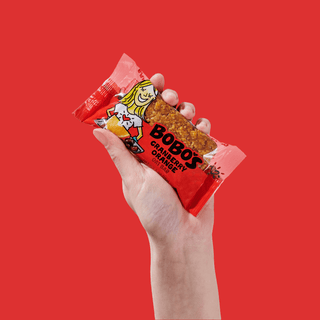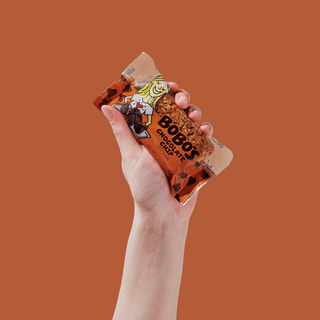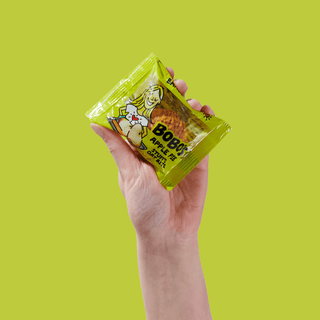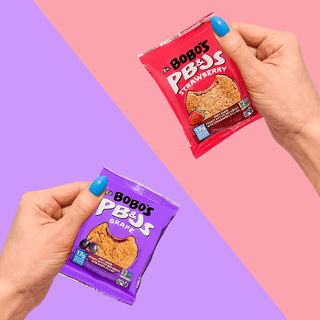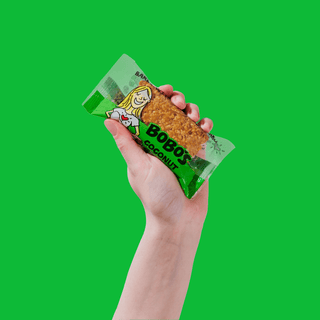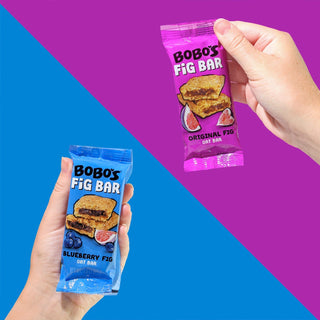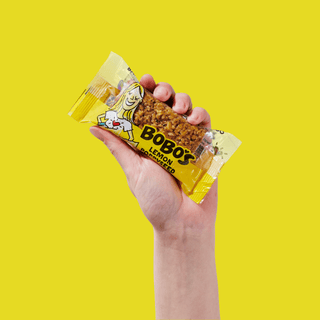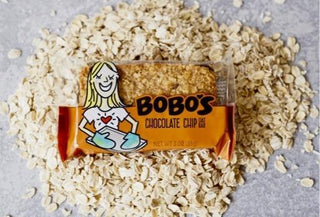Are Oat Bars Healthy?
There’s no denying that granola bars and oatmeals tend to get a bad rap, since they’re naturally higher in carbohydrates than other snack foods containing more protein and fewer carbohydrates, like turkey jerky or an unsweetened, plain Greek yogurt. Yet, oat bars and other oat based snacks are actually good for you, so there’s no reason to pass by them and choose a low-carb protein bar as an alternative, instead.
What sets healthy oat bars apart is a label that indicates a relatively high fiber content and low sugar content, especially regarding added sugars, which are added to the oat bar during processing and are not natural, as the sugar in a piece of fresh fruit is, for example.
There are many kinds of energy bars that are high in carbohydrates that are refined, meaning there’s a lack of fiber and those carbs won’t last very long in filling you up. Plus, the high refined carbohydrate count generally comes with a high sugar content too, which together will spike blood sugar levels and thus lead to a crash shortly after.
To make sure you’re choosing healthy oat bars as snacks, whether you’re buying packaged oat bars—such as Bobo’s Oat Bars, with the Best Seller’s Variety Pack as an excellent starter kit that features a few top-selling flavors—or you want to DIY at home, this guide has a few tips for what to look for on the label and what makes oat bars healthier than others.
Are Oat Bars Healthy?
Yes, oat bars can be packed with essential nutrients that fuel your mind and body and keep you satiated all day long. That is, as long as you’re choosing healthy oat bars with a bit of protein, fiber and healthy fats and you’re keeping sugars to a minimum.
Popular and common ingredients in oat breakfast bars and snacks include oats (of course), along with nuts, dried fruit, seeds, dark chocolate chips (the darker the better for more antioxidants and less sugar!), honey and coconut.
Some even have a drizzle of nut butter or dark chocolate sauce on top of or stuffed inside oat bars for extra nutritional density, richness in texture and satiating power, such as with Bobo’s Peanut Butter Stuff’d Oat Bar. The nutritional value of oat bars may differ though depending on brand and ingredients listed on the label, which is why it’s super important to always read before purchasing, too.
What to Look for in Healthy Oat Bars
Most oat bars will cost you about 100-350 calories a serving, so there’s a bit of a range. Some calories come from healthy ingredients though, which are worth keeping in your diet and your body will respond to them differently than it would with a food containing empty and nutritionally void calories for the same calorie count.
For example, protein within an oat bar represents a healthy oat bar recipe, as you might notice in healthy peanut butter oat bars, like Bobo’s Peanut Butter Stuff’d Oat Bar or another kind of oat breakfast bar that’s more dense in nutrients and resembles more so a meal to fill you up for longer.
Oat bars might have between 1–10 grams of protein and about 1–7 grams of fiber per serving, and of course the higher you get on those values, the better. On average, expect about 2-5 grams of protein in an average oat bar, though some contain extra protein if labeled as a “protein bar”—along with about 2–4 grams of fiber.
What’s more, switching to healthy oat bars containing protein and fiber also brings an array of micronutrients, too. Examples include calcium, iron, magnesium, B vitamins, potassium, antioxidants, like vitamin E and C, along with heart-promoting unsaturated fats and omega-3 fats to suppress appetite and protect your heart and health better.
Oat Bars vs Granola Bars
Oat bars and granola bars often are used interchangeably, but there is a difference in nutrition that makes oat bars healthier than granola bars.
This is especially true if you’re looking to cut back on sugars and refined carbohydrates or lose weight, too. And while granola bars are not diet-friendly, oat bars can help you lose weight, as long as you’re eating healthy oat bars that are low in sugar and contain fiber and protein and stick to one serving.
Granola bars often have little protein and fiber and a lot of sugar. You might find granola bars with 20 grams (or more) of sugar and up to 80 grams or so of carbohydrates, but without fiber to decrease net carb count and slow digestion, which fuels you for longer.
Plus, they won’t have any protein to keep you full and energy stable. Protein keeps hunger at bay, boosts mood and energy and is helpful for muscle building and repair, so a high protein oat bar, like Bobo’s Peanut Butter Chocolate Chip Protein Bar, is a great post-workout snack and provides an immediate 11 grams of protein to aid recovery.
And those non-healthy granola bars add up over time, which can lead to increase in weight gain, chronically elevated blood sugar levels, an increase in cravings (especially for sweets and salty snack foods in particular) and a compromised mood, immune system and energy levels.
Oat bars contain more of essential nutrients to complement macros, like protein and fiber, while granola bars don’t—plus, granola bars’ high sugar and carbohydrate values spike blood sugar and deplete energy after, which also raises risk of diabetes and poor heart health, too.
Instead, look for a nice variety in macronutrients and micronutrients, as well as staple oat bar ingredients as listed on the label (such as nuts and seeds), to decipher the healthiest oat bars from the bunch. Enjoy them for snacks as part of a well-rounded diet.

